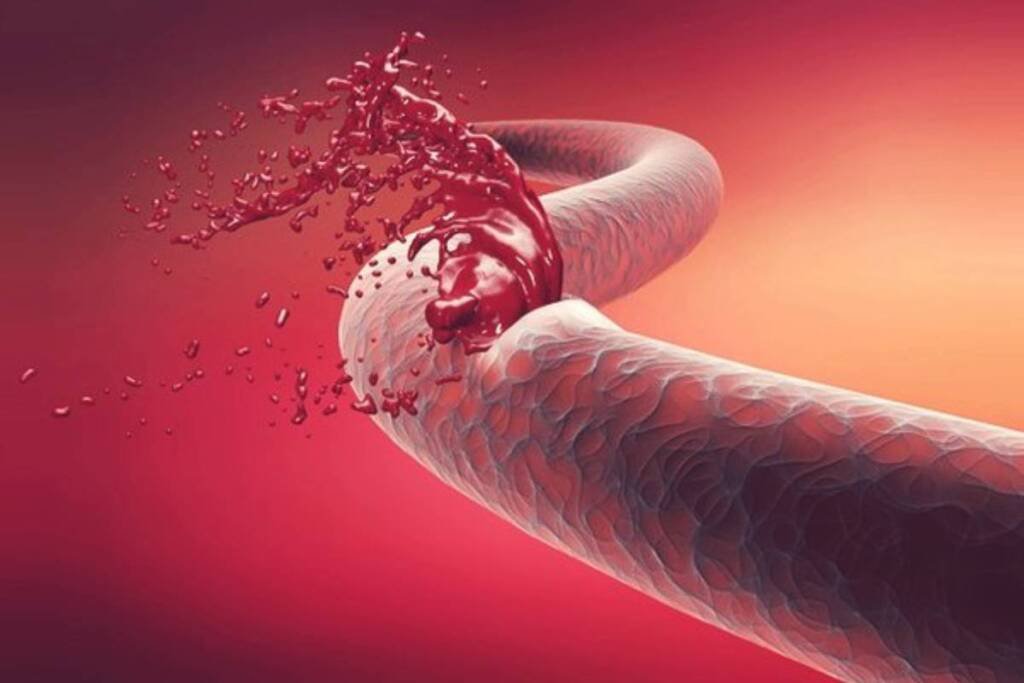Source – BioMarin
BioMarin’s Roctavian, a gene therapy for severe hemophilia A, has received FDA approval after initial rejection in 2020 and a review delay earlier this year. The therapy is intended for adults with severe hemophilia A and is administered as a one-time treatment. BioMarin has set the wholesale acquisition cost of Roctavian at $2.9 million and has implemented an outcomes-based warranty program, which will provide reimbursement to payers if the therapy does not meet treatment expectations. A recent analysis by the Institute for Clinical and Economic Review suggested that Roctavian would be cost-effective at around $2 million per treatment.
Seven months after receiving FDA approval, CSL Behring’s Hemgenix, a gene therapy for hemophilia B, has become the world’s priciest drug with a staggering price tag of $3.5 million.
Hemophilia A affects approximately 1 in 10,000 people, and Roctavian is approved to treat those with severe disease. BioMarin estimates that about 6,500 adults in the US have severe hemophilia A, but eligibility for Roctavian is limited to patients who test negative for AAV5-targeted antibody, as the therapy utilizes adeno-associated virus serotype V (AAV5) for gene delivery. It is expected that around 2,500 patients will be eligible to receive Roctavian.
“The FDA is labeling the product with an intention to describe the sole contribution of Roctavian to bleeding outcomes independent of confounding effects such as factor use.”
– Henru Fuchs, M.D., R&D chief, BioMarin’s
The FDA-approved label for Roctavian includes data from the Phase III GENEr8-1 trial, which showed that 112 patients who received the gene therapy experienced an average 52% reduction in bleeding episodes per year over a median follow-up of three years. The majority of patients continued to respond to the therapy without the need for regular prophylaxis. However, the 52% reduction in bleeding episodes is lower than the 85.5% reduction observed for Roctavian’s approval in the European Union.
“Adults with severe hemophilia A face a lifelong burden, with frequent infusions and a high risk of health complications, including uncontrolled bleeding and irreversible joint damage. The approval of ROCTAVIAN, as the first gene therapy for severe hemophilia A, has the potential to transform the way we treat adults based on years of bleed control following a single, one-time infusion.”
– Dr. Steven Pipe, professor of pediatrics and pathology at the University of Michigan and an investigator in the Phase III study
BioMarin faces a unique challenge with Roctavian since there are already numerous treatment options available for hemophilia A. Roche’s Hemlibra, an antibody drug, has gained significant traction in the market. Analysts suggest that Roctavian’s initial sales ramp may be slow due to competition from existing therapies. However, a survey of US-based doctors who treat hemophilia A indicated that they were impressed with Roctavian’s efficacy and safety data. While patients already on Hemlibra may be less likely to switch, the doctors estimated that Roctavian could capture about a quarter of all eligible severe hemophilia A patients at its peak.
Before receiving FDA approval, Roctavian had already been approved by the European Commission in August. BioMarin plans to launch the therapy first in Germany. Another survey indicated significant potential for Roctavian in the European market.





























